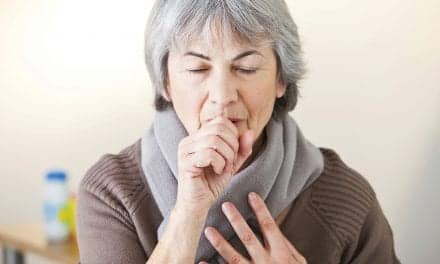
The study included 119, 573 seniors who received the Tdap vaccine and the same number of people who received the traditional Td vaccine.
Young Infants are at greatest risk for severe complications from pertussis because they cannot be vaccinated until they are 2 months old. Family members and care givers who have the disease pose the greatest risk to infants.
“Although there is a small increased risk of injection site reaction following Tdap vaccination in the elderly, it is no more common than that following the traditional tetanus and diphtheria (Td) vaccine,” Tseng said. “Pertussis immunization is important, particularly since one of the most common sources of pertussis in infants is their relatives, including their grandparents.”
Current recommendations call for infants older than 2 months, children, teens, and adults—including pregnant women, parents, and health care workers—and those over 65 to be vaccinated.









